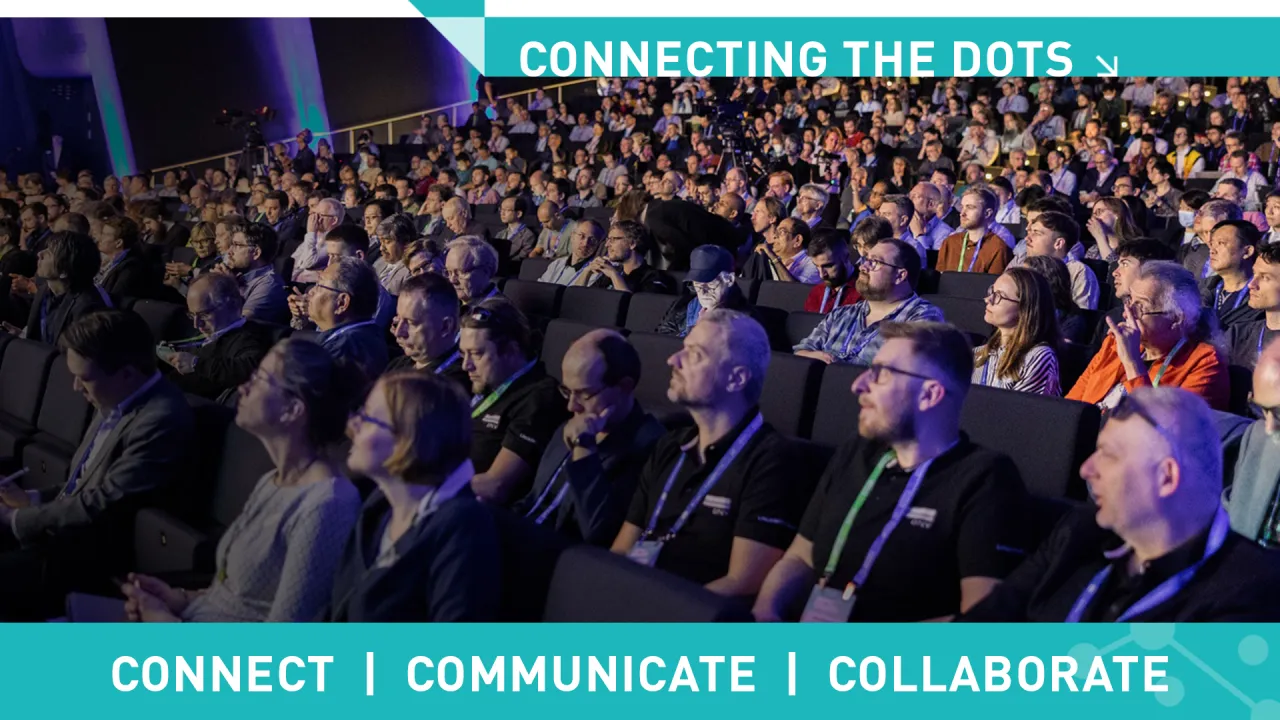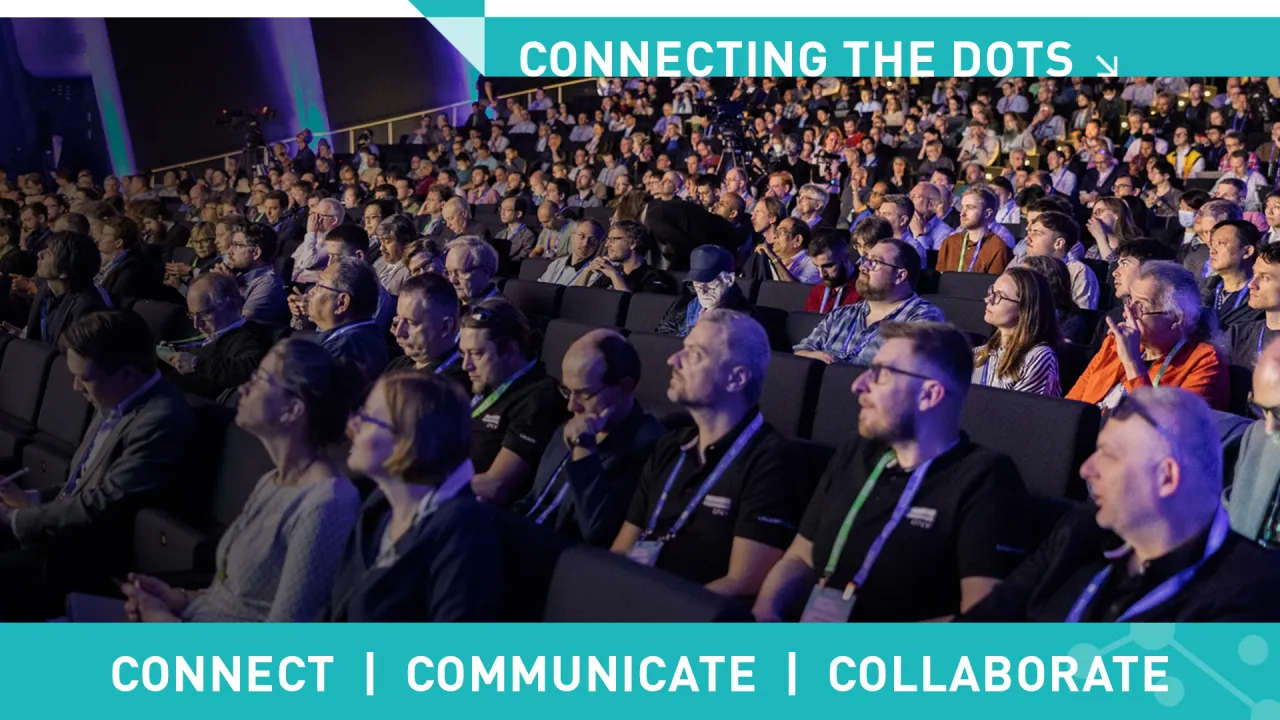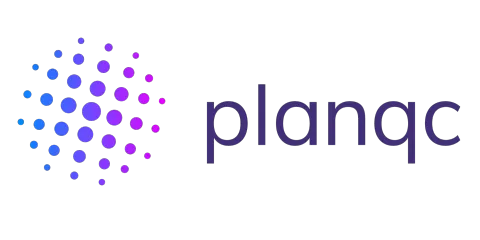

Planqc – Making Quantum Matter for Industry, Science, Society.
Thursday, June 12, 2025 1:40 PM to 2:00 PM · 20 min. (Europe/Berlin)
Hall H, Booth L01 - Ground floor
HPC Solutions Forum
Emerging Computing TechnologiesIntegration of Quantum Computing and HPCQuantum Computing - Basics and TheoryQuantum Computing - Technologies and ArchitecturesQuantum Computing - Use Cases
Information
planqc develops and commercializes quantum computers based on neutral atoms and related services. Quantum computers are based on the fundamental principles of quantum mechanics and address a key limitation of classical computing: their inability to efficiently solve problems that grow exponentially with system size. They enable substantial progress in fields like optimisation, materials science, pharmaceuticals, and cybersecurity, where conventional computers reach their computational limits.
planqc’s quantum computers use individual uncharged — and therefore electrically neutral — atoms as qubits. The atoms are trapped in optical lattices and manipulated using laser light. This approach offers strong advantages: the systems are scalable, show low sensitivity to external noise (such as electromagnetic interference or thermal fluctuations), and operate at room temperature. These features reduce hardware complexity and improve long-term system stability, making the platform well-suited to industrial and research applications.
The main application areas include optimization problems; simulation of quantum systems for molecular dynamics and materials science; machine learning, where quantum resources can be used for sampling and training acceleration; and financial modelling, to support tasks like option pricing and scenario simulation.
The future of high-performance computing lies in the close integration of classical and quantum hardware. Quantum computing can only unfold its full potential when it is combined with high-performance computing systems and hybrid algorithms are executed across both architectures. In this model, quantum processors serve as specialized modules, or QPUs, embedded within larger computational workflows, complementing classical CPUs and GPUs. The hybrid approach opens up new possibilities for solving complex problems more efficiently and accurately, and it is central to planqc’s strategy.
planqc’s quantum computers use individual uncharged — and therefore electrically neutral — atoms as qubits. The atoms are trapped in optical lattices and manipulated using laser light. This approach offers strong advantages: the systems are scalable, show low sensitivity to external noise (such as electromagnetic interference or thermal fluctuations), and operate at room temperature. These features reduce hardware complexity and improve long-term system stability, making the platform well-suited to industrial and research applications.
The main application areas include optimization problems; simulation of quantum systems for molecular dynamics and materials science; machine learning, where quantum resources can be used for sampling and training acceleration; and financial modelling, to support tasks like option pricing and scenario simulation.
The future of high-performance computing lies in the close integration of classical and quantum hardware. Quantum computing can only unfold its full potential when it is combined with high-performance computing systems and hybrid algorithms are executed across both architectures. In this model, quantum processors serve as specialized modules, or QPUs, embedded within larger computational workflows, complementing classical CPUs and GPUs. The hybrid approach opens up new possibilities for solving complex problems more efficiently and accurately, and it is central to planqc’s strategy.
HPC Solutions Forum Questions
What kinds of organizations should be investing in quantum computing today, and what practical steps should they be taking?The next innovation: What will be the big news at ISC 2035? Be as specific as you can.What types of applications are not well served by “standard” processing architectures, and what is the solution?
Format
On Site



